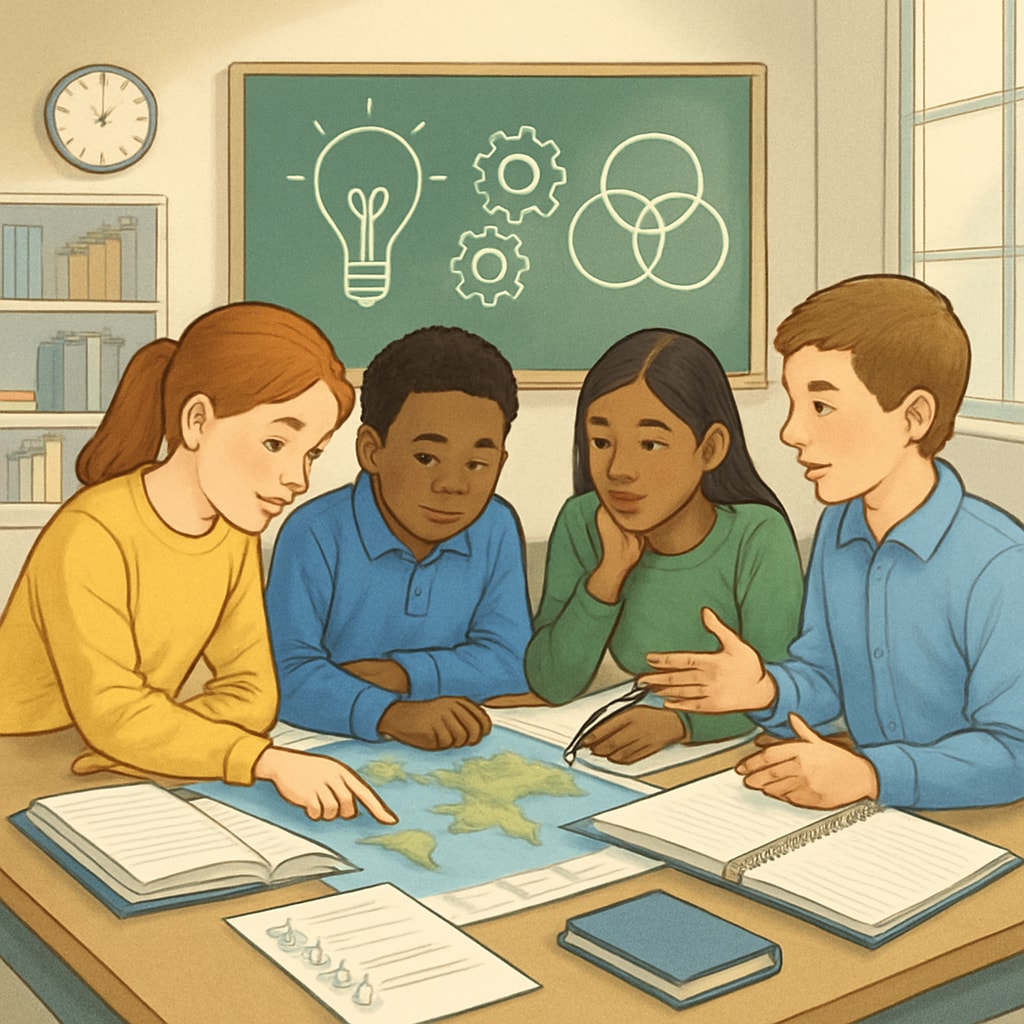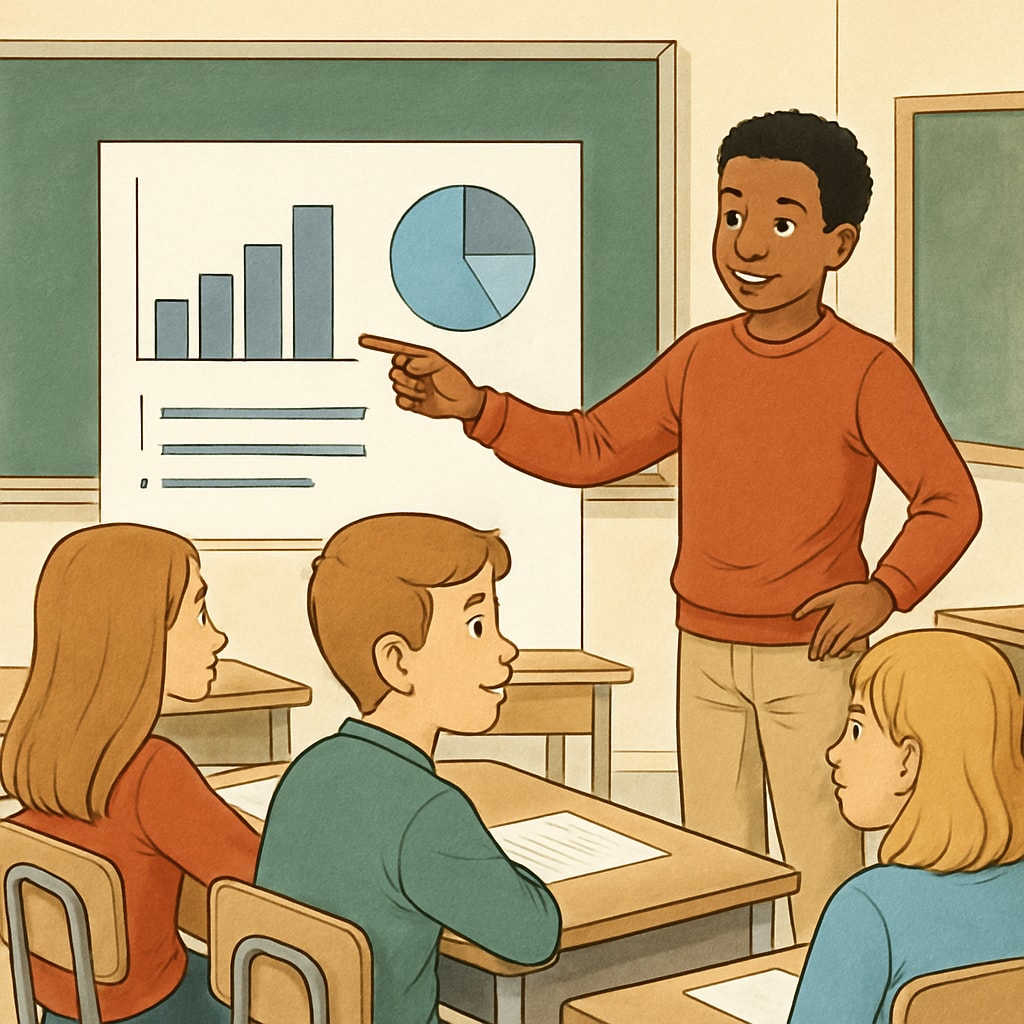K12 education, the backbone of formal learning, significantly influences students’ character, critical thinking, and personal growth. By nurturing intellectual curiosity and emotional intelligence during these formative years, this education phase prepares individuals for higher education and beyond. As a result, it fosters critical thinking skills, builds a solid moral compass, and promotes adaptability in an ever-changing world.
Building Character Through K12 Education
Character development is one of the central goals of K12 education. It is during this stage that students learn values such as integrity, empathy, and resilience. Schools achieve this by integrating these principles into curricula, extracurricular activities, and social interactions.
- Programs like service learning encourage students to empathize with others and contribute positively to society.
- Team sports and group projects help develop teamwork, leadership, and communication skills.
- Classroom discussions on ethics and moral dilemmas promote introspection and decision-making abilities.
These experiences teach students to navigate challenges and uphold their values, which are essential for future personal and professional success.

Cultivating Critical Thinking in K12 Education
Critical thinking, defined as the ability to analyze information objectively and make reasoned judgments, is equally vital in K12 education. Teachers encourage this skill through inquiry-based learning, problem-solving activities, and debates. For example:
- Inquiry-based learning tasks push students to ask questions and seek solutions independently.
- Structured debates and discussions allow students to evaluate multiple perspectives before forming their own opinions.
- Mathematical and scientific problem-solving enhances logical reasoning and analytical thinking.
By fostering these abilities early, K12 education equips students with the tools to succeed in higher education and future careers.

Preparing Students for Lifelong Growth
Beyond academics, K12 education instills a growth mindset and a global perspective. As students encounter diverse viewpoints and challenges, they become more adaptable and open to new experiences. This foundation supports lifelong learning and personal development.
For example, exposure to various cultures through multicultural curricula broadens students’ worldviews. Additionally, opportunities to explore technology and innovation prepare them to thrive in a rapidly evolving landscape.
In conclusion, K12 education is much more than a stepping stone to higher education. It is a powerful tool for shaping character, fostering critical thinking, and preparing students for lifelong learning. By focusing on these foundational elements, K12 schools ensure students are equipped to face the complexities of modern life with confidence and integrity.
Readability guidance: Use short paragraphs and lists to summarize key points clearly. Incorporate transition words to improve flow, and ensure a balance between active and passive voice for engaging content.


